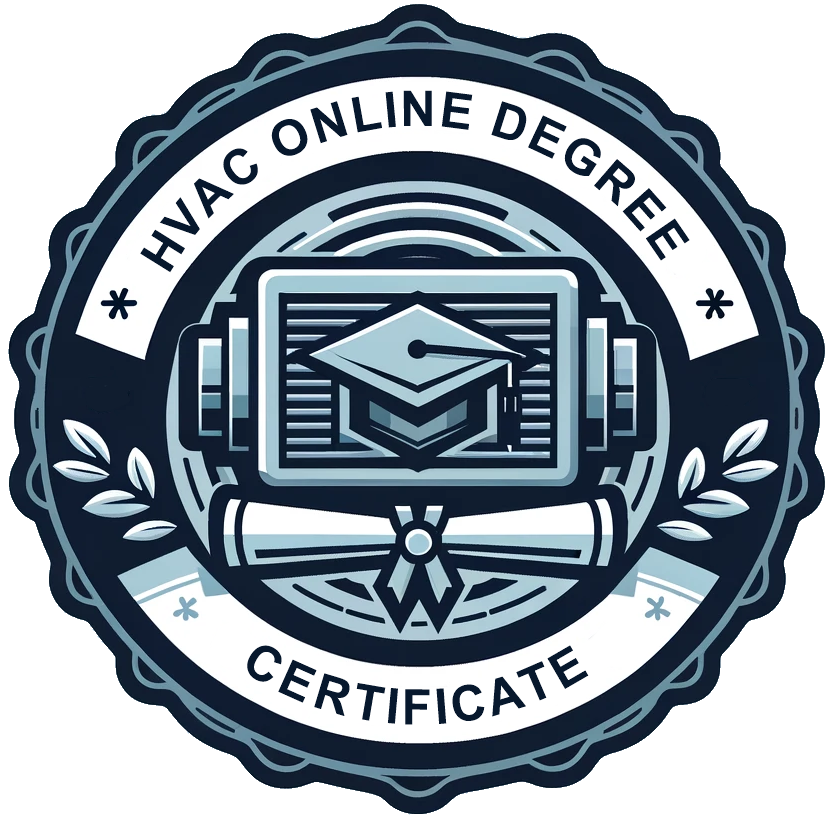Introduction
Despite Hawaii's tropical allure, the high temperatures, especially during the summer months, make air conditioning essential for comfort. This reliance on climate-control systems has led to a consistent demand for HVAC technicians across the state.
Hawaii offers a robust support network for HVAC professionals through local unions and industry organizations. These groups provide numerous benefits including professional advocacy, ongoing education, and hands-on training. For instance, the Plumbers & Fitters UA Local Union 675 in Honolulu offers members a pension plan and an extensive apprenticeship program, fostering career growth and stability.
Additionally, HVAC professionals can join the Hawaii Sheet Metal Workers, which supports various tradespeople including HVAC technicians. This organization offers apprenticeship and training programs, as well as professional advocacy and representation.
Pursuing a career in HVAC in Hawaii not only offers job stability but also a high level of job satisfaction. However, those interested in this field should be well-informed about the training requirements and career expectations.
Overall, a career in the HVAC industry in Hawaii is both rewarding and challenging. Prospective technicians should be prepared for the necessary training and certifications. The following guide provides detailed insights into industry growth projections in Hawaii, salary expectations for HVAC technicians, available training programs, and local licensure requirements.
Demand for HVAC Technicians in Hawaii
The demand for HVAC technicians in Hawaii is projected to grow significantly in the coming years. Projections Central (2023) reports that there will be a 10.2 percent increase in HVAC positions across Hawaii from 2020 to 2030.
Several factors contribute to this robust demand. As Hawaii continues to develop new residential, commercial, and industrial buildings, there is a growing need for skilled HVAC technicians to install and maintain climate-control systems. Additionally, existing systems require regular maintenance and replacements every 10 to 15 years, ensuring steady employment opportunities for HVAC professionals. The constantly evolving regulations and advancements in HVAC technology also necessitate ongoing professional expertise to comply with energy efficiency standards and environmental laws.
Schools in Hawaii
Honolulu Community College
874 Dillingham Blvd
Honolulu, Hawaii 96817-4505
Phone: (808) 845-9211
URL: www.honolulu.hawaii.edu/
This school is a 2 year Public college that offers Less than one year certificate, One but less than two years certificate|Associate's degree. The campus is located in a large city with campus housing not offered.
- Total Student Population: 3069
- Total Faculty: 137
HVAC Worker Salaries in Hawaii
HVAC professionals in Hawaii earn competitive salaries, especially when considering the required education level. According to the Bureau of Labor Statistics (BLS) data from May 2022, the annual mean wage for HVAC technicians in the United States was $54,690. In Hawaii, HVAC technicians earn significantly more, with an annual mean wage of $66,180.
Here is a detailed breakdown of the salary percentiles for HVAC professionals in the US and specifically in Hawaii:
| Percentile | United States (Annual) | Hawaii (Annual) |
|---|---|---|
| 10th | $35,950 | $41,280 |
| 25th | $45,540 | $50,420 |
| 50th (Median) | $59,920 | $64,520 |
| 75th | $75,880 | $83,670 |
| 90th | $93,500 | $104,620 |
These figures highlight that HVAC technicians in Hawaii can expect to earn more than their mainland counterparts at every level of experience.
HVAC Certification and Licensing in Hawaii
HVAC technicians in Hawaii must maintain active EPA Section 608 Certification to work with refrigerants. This certification is divided into four categories based on the type of equipment:
- Type 1: Small appliances
- Type 2: High-pressure appliances
- Type 3: Low-pressure appliances
- Type 4: Universal
Additionally, several skill-specific certifications are available to HVAC technicians, which can enhance job prospects. These certifications are offered by various organizations, including:
- Refrigerating Engineers and Technicians Association (RETA): e.g., entry-level Certified Assistant Refrigeration Operator
- North American Technician Excellence (NATE): e.g., Industry Competency Exams (ICE)
- HVAC Excellence: e.g., Heating, Electrical, Air Conditioning Technology Plus
For more information on these certifications, please visit the HVAC Certification page.
In Hawaii, HVAC technicians must adhere to state licensure requirements before performing any work. To obtain a contractor license, candidates must submit an application to the Board of Professional & Vocational Licensing under the Department of Commerce and Consumer Affairs, along with an application fee of $50. The application must include:
- Proof of worker’s compensation insurance
- Proof of liability insurance (minimum $100,000 per person and $300,000 per occurrence)
- Proof of property damage insurance (minimum $50,000 per occurrence)
- Business location details
- An additional application from a responsible managing employee with separate fees
Upon approval, applicants must pass two licensing examinations: one covering business and law, and another specific to HVAC. Applicants should select the appropriate contractor classification:
- Class C-4: Boilers, hot-water heating, and steam fitting
- Class C-40: Refrigeration contractors
- Class C-52: Ventilating and air conditioning contractors
Navigating the licensure process in Hawaii can be complex, but compliance with these regulations is essential for all HVAC professionals to ensure they operate legally and maintain high standards of safety and quality in their work.
